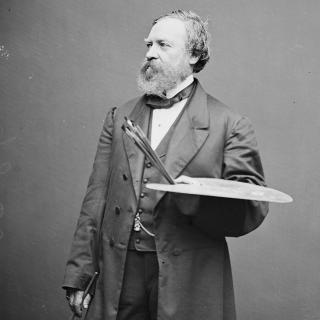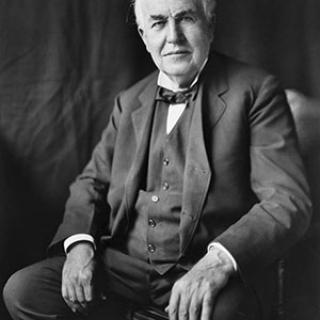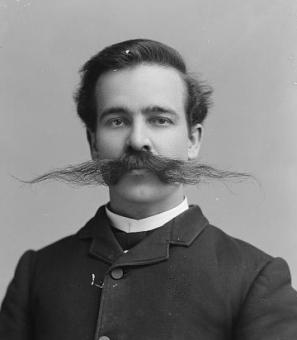"Some of the noblest residences... desecrated to licentious purposes": George Alfred Townsend Reports on Civil War Alexandria
One of the most remembered war correspondents was also the youngest reporter in the Civil War, George Alfred Townsend. Born in 1841, Townsend’s reports on the Battle of Five Forks and the Lincoln assassination gained him wide recognition, but before he had the chance to write those, Townsend visited the occupied city of Alexandria. From May 1861, till the end of the war, Alexandria was occupied by Union forces and, according to this correspondent, it lost much of its luster over that time.
From Townsend’s 1866 collection of his work, Campaigns of a Non-Combatant, the following is a description of Alexandria how he found it:
Many hamlets and towns have been destroyed during the war. But, of all that in some form survive, Alexandria has most suffered. It has been in the uninterrupted possession of the Federals for twenty-two months, and has become essentially a military city. Its streets, its docks, its warehouses, its dwellings, and its suburbs, have been absorbed to the thousand uses of war.
…. I rode under the shadows of five earthworks, and saw lines of white tents sweeping to the horizon. Gayly caparisoned officers passed me, to spend their Sabbath in Washington, and trains laden with troops, ambulances, and batteries, sped along the line of railway, toward the rendezvous at Alexandria….
The Potomac, below me, was dotted with steamers and shipping. The bluffs above were trodden bare, and a line of dismal marsh bordered some stagnant pools that blistered at their bases. At points along the river-shore, troops were embarking on board steamers; transports were taking in tons of baggage and subsistence. There was a schooner, laden to the water-line with locomotive engines and burden carriages; there, a brig, shipping artillery horses by a steam derrick, that lifted them bodily from the shore and deposited them in the hold of the vessel. Steamers, from whose spacious saloons the tourist and the bride have watched the picturesque margin of the Hudson, were now black with clusters of rollicking volunteers, who climbed into the yards, and pitched, headlong from the wheel-houses.
I rode through Washington Street, the seat of some ancient residences, and found it lined with freshly arrived troops. The grave-slabs in a fine old churchyard were strewn with weary cavalry-men, and they lay in some side yards, soundly sleeping. Some artillery-men chatted at doorsteps, with idle house-girls; some courtesans flaunted in furs and ostrich feathers, through a group of coarse engineers’ some sergeants of artillery, in red trimmings, and caps gilded with cannon, were reining their horses to leer at some ladies, who were taking the air in their gardens; and at a wide place in the street, a provost-major was maneuvering some companies, to the sound of the drum and fife. There was much drunkenness, among both soldiers and civilians; and the people of Alexandria were, in many cases, crushed and demoralized by reason of their troubles.
Alexandria is filled with like ruined people; they walk as strangers through their ancient streets, and their property is no longer theirs to possess, but has passed into the hands of the dominant nationalists. My informant pointed out the residences of many leading citizens: some were now hospitals, others armories and arsenals; others offices for inspectors, superintendents, and civil officials. The few people that remained upon their properties, obtained partial immunity, by courting the acquaintance of federal officers, and, in many cases, extending the hospitalities of their homes to the invaders.
Despite this scathing review of the Union-occupied city, Townsend did feel like he had to pull a few punches.
…It would not accord with the chaste pages of this narrative to tell how some of the noblest residences in Alexandria had been desecrated to licentious purposes; now how, by night, the parlors of cosey homes flamed with riot and orgie [sic].
Well! Sounds like the story behind a certain TV show might be a little more scandalous than some people thought!
Sources
“George Alfred Townsend Collection.” University of Delaware Library, Special collections department.
Townsend, George Alfred. Campaigns of a Non-Combatant: and his romaunt abroad during the war. (Bleblock & company, 1866).
For more information on George A. Townsend, visit Gathland State Park in Maryland, which contains a museum dedicated to his life and a memorial to Civil War correspondents built by Townsend himself.


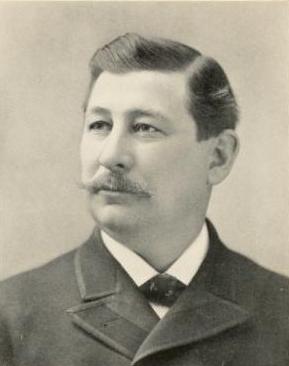
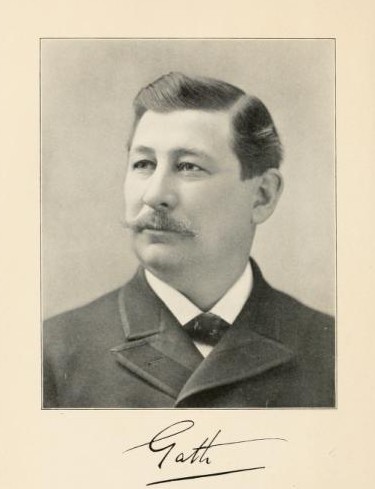
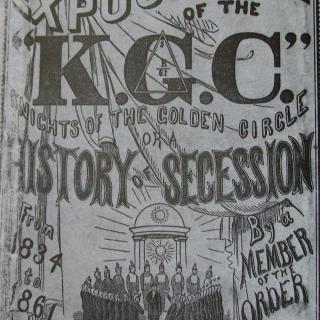
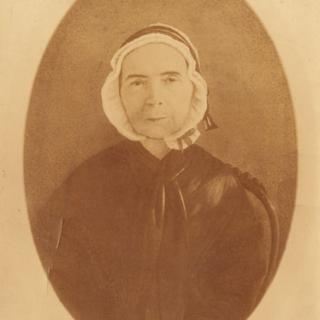
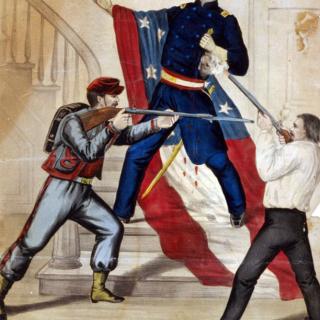
![Sketch of the mythical fuan by Pearson Scott Foresman. [Source: Wikipedia]](/sites/default/files/styles/crop_320x320/public/2023-10/Goatman_Wikipedia_Faun_2_%28PSF%29.png?h=64a074ff&itok=C9Qh-PE1)








